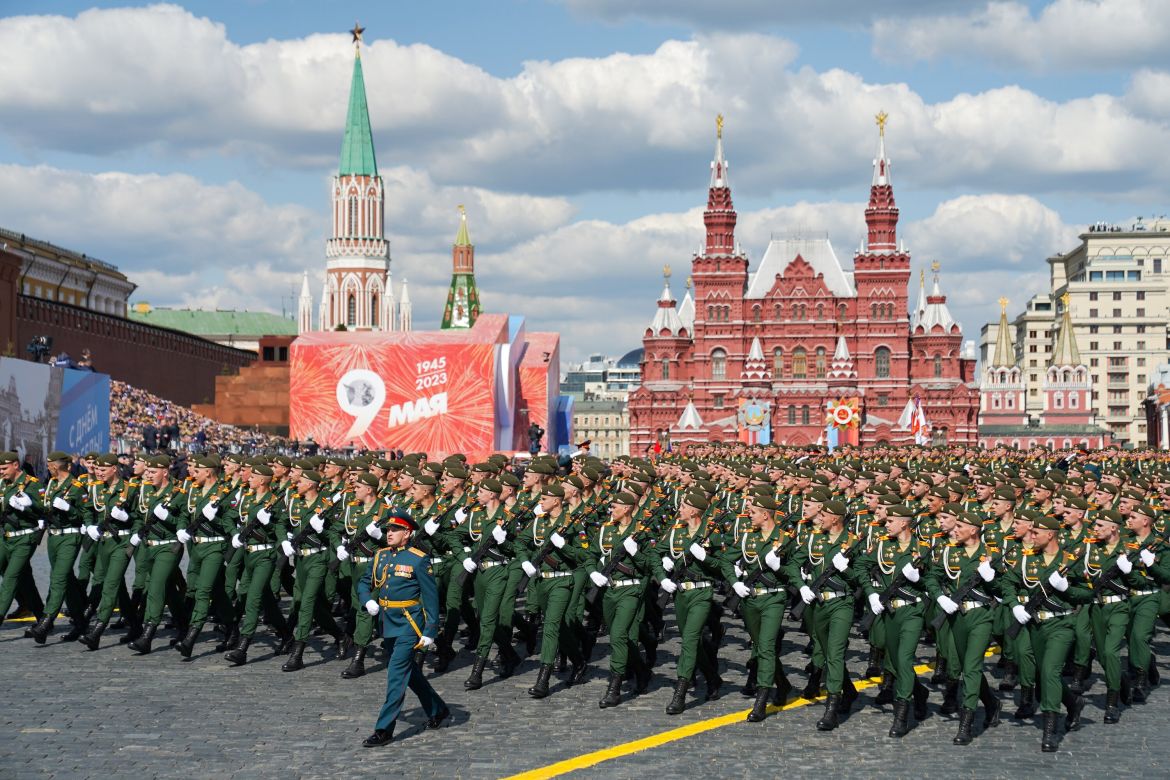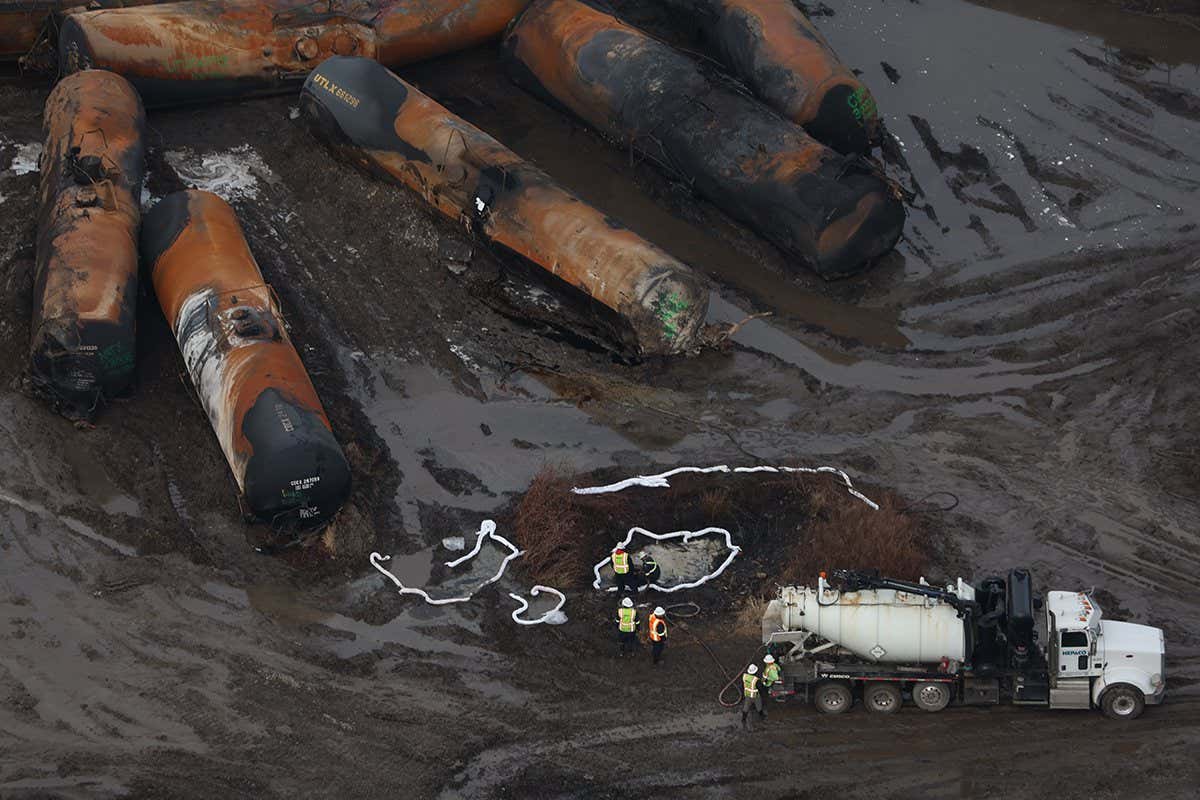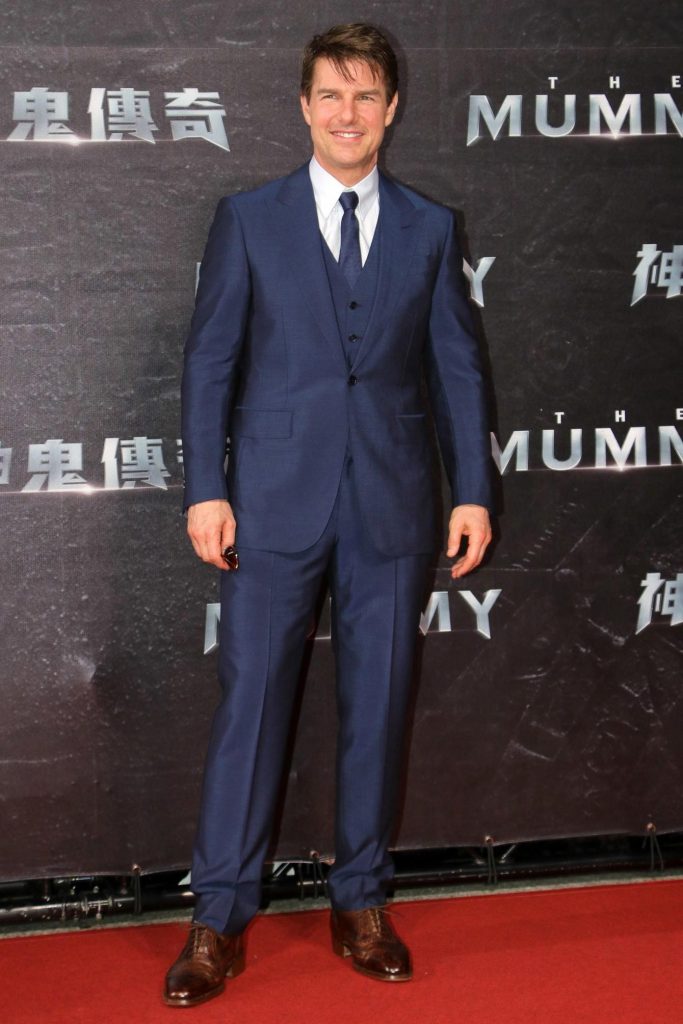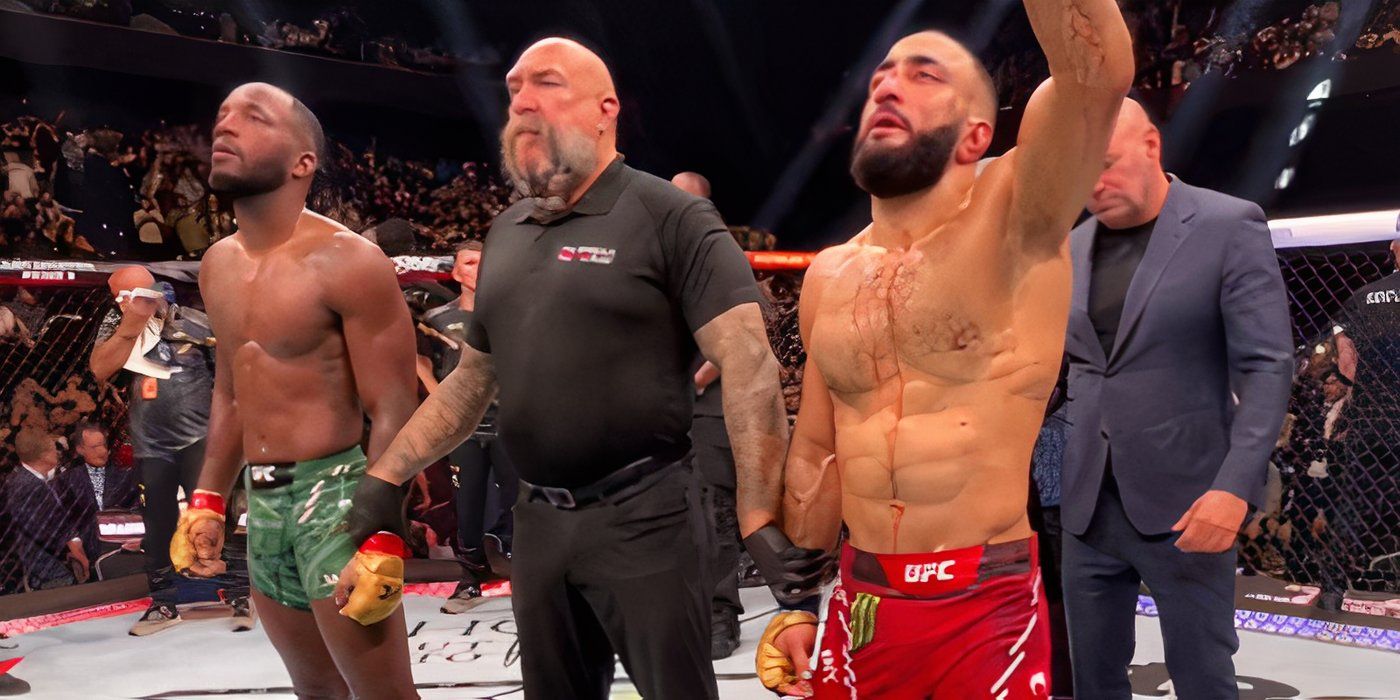Victory Day Parade: Putin Highlights Russia's Military Capabilities

Table of Contents
Showcase of Advanced Weaponry
The Victory Day Parade served as a powerful showcase of Russia's advanced weaponry, highlighting significant advancements in military technology. The parade demonstrated Russia's commitment to modernizing its armed forces and maintaining a formidable military presence on the global stage.
New Missiles and Rocket Systems
The parade prominently featured several new and modernized missile systems, underscoring Russia's focus on strategic deterrence. The centerpiece was undoubtedly the Sarmat intercontinental ballistic missile (ICBM), a hypersonic weapon capable of evading many current missile defense systems. This display sent a clear message regarding Russia's nuclear capabilities.
- Sarmat ICBM: Features an estimated range exceeding 18,000 kilometers, capable of carrying multiple independently targetable warheads.
- Hypersonic Missiles: Several types of hypersonic missiles were shown, possessing speeds exceeding Mach 5, making them exceptionally difficult to intercept.
- Strategic Implications: The display of these advanced missile systems significantly enhances Russia's nuclear deterrent capabilities and strengthens its position in global power dynamics. It reinforces Russia's claim to possess a robust second-strike capability.
Modernized Tanks and Armored Vehicles
The parade also showcased a modernized fleet of tanks and armored vehicles, demonstrating improvements in battlefield technology. The T-14 Armata, Russia's next-generation main battle tank, was a focal point, highlighting advancements in protection, firepower, and crew survivability.
- T-14 Armata: Features an unmanned turret, advanced active protection systems, and a powerful 125mm smoothbore gun.
- Improved Armored Vehicles: The parade included other upgraded armored personnel carriers and infantry fighting vehicles, showcasing improvements in mobility, firepower, and protection.
- Impact on Battlefield Effectiveness: These advancements in tank and armored vehicle technology aim to enhance Russia's ground forces' effectiveness in modern warfare, particularly in offensive and defensive operations.
Airpower Demonstration
Russia's airpower was prominently displayed, with a flypast featuring a range of advanced fighter jets and bombers. The Sukhoi Su-57, Russia's fifth-generation stealth fighter jet, was a key element of the aerial display, symbolizing Russia’s pursuit of air superiority.
- Sukhoi Su-57: A stealth fighter jet designed to achieve air superiority, featuring advanced radar-evading capabilities and sophisticated weaponry.
- Advanced Bombers: Long-range bombers capable of carrying both conventional and nuclear payloads participated in the flypast, demonstrating Russia’s strategic bombing capabilities.
- Implications for Air Combat: The demonstration highlighted Russia's commitment to maintaining a modern and capable air force, crucial for projecting power and securing air superiority in potential conflicts.
Putin's Message and Geopolitical Context
The Victory Day Parade was as much a political event as a military one. Putin's speech and the overall staging of the parade conveyed specific messages regarding Russia's military strength and geopolitical aspirations.
Nationalist Rhetoric and Military Strength
Putin's speech heavily emphasized themes of national pride, military strength, and the resilience of the Russian people. He linked the parade to Russia's historical victories and presented the country's military as a guarantor of its sovereignty and security.
- Key Themes: National unity, military might, historical legacy, and defiance of Western adversaries were recurring themes in Putin's address.
- Domestic Impact: The message aimed to bolster domestic support for the government and reinforce a narrative of Russian strength in the face of external challenges.
- International Impact: The speech was a direct message to the international community, asserting Russia's position as a major global power and its willingness to defend its interests.
Implications for the War in Ukraine
The parade’s display of military hardware is inextricably linked to the ongoing conflict in Ukraine. The showcased weaponry directly reflects Russia's military objectives and strategies in the war.
- Weapon Systems and Ukraine: The advanced missile systems and armored vehicles showcased have direct implications for the conflict, highlighting Russia's ongoing military operations in Ukraine.
- Military Strategy: The parade provided insight into the types of weapons and tactics Russia is employing or planning to employ in the Ukrainian conflict.
- Future Trajectory of the Conflict: The parade serves as a reminder of Russia's military capabilities and its determination to continue the conflict, impacting the future trajectory of the war.
International Reactions and Analysis
The Victory Day Parade elicited varied responses from the international community. Reactions ranged from condemnation to cautious observation, highlighting the parade's significant global impact.
Global Responses to the Parade
The parade’s display of military might received mixed reactions globally. NATO members and Western allies expressed concerns about Russia's military capabilities and the potential implications for regional stability.
- NATO Response: NATO countries generally expressed concern over the demonstration of Russia's military power, particularly its advanced weaponry.
- Other Countries' Reactions: Responses varied among other nations, reflecting diverse geopolitical alliances and perspectives on the Ukraine conflict.
- Impact on International Relations: The parade further strained relations between Russia and the West, accentuating existing geopolitical divisions.
Conclusion
This year's Victory Day Parade served as a powerful demonstration of Russia's military capabilities, showcasing a range of advanced weaponry and underscoring President Putin's message of national strength. The parade’s significance extends far beyond a simple military display, impacting both domestic narratives and international perceptions of Russia's geopolitical ambitions. The event provides crucial insight into Russia's military strategy and its implications for global security.
Call to Action: Stay informed about the evolving geopolitical landscape and the implications of the Victory Day Parade by continuing to follow news and analysis on [Link to relevant news source/website]. Deepen your understanding of the significance of the Victory Day Parade and its impact on Russia's military might.

Featured Posts
-
 Toxic Chemical Residue In Buildings Months After Ohio Train Disaster
May 11, 2025
Toxic Chemical Residue In Buildings Months After Ohio Train Disaster
May 11, 2025 -
 A Straightforward Guide To Profitable Dividend Investing
May 11, 2025
A Straightforward Guide To Profitable Dividend Investing
May 11, 2025 -
 The Complete Guide To Tom Cruises Dating History
May 11, 2025
The Complete Guide To Tom Cruises Dating History
May 11, 2025 -
 Ufc 315 Fight Night Expert Prediction For Belal Muhammad Vs Jack Della Maddalena
May 11, 2025
Ufc 315 Fight Night Expert Prediction For Belal Muhammad Vs Jack Della Maddalena
May 11, 2025 -
 Converse Signs Celtics Guard Payton Pritchard
May 11, 2025
Converse Signs Celtics Guard Payton Pritchard
May 11, 2025
